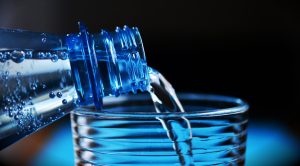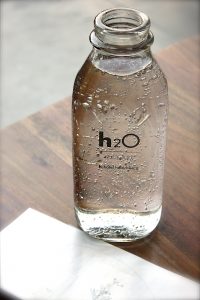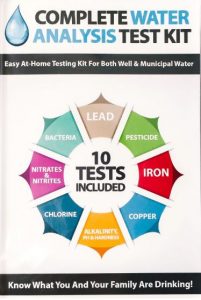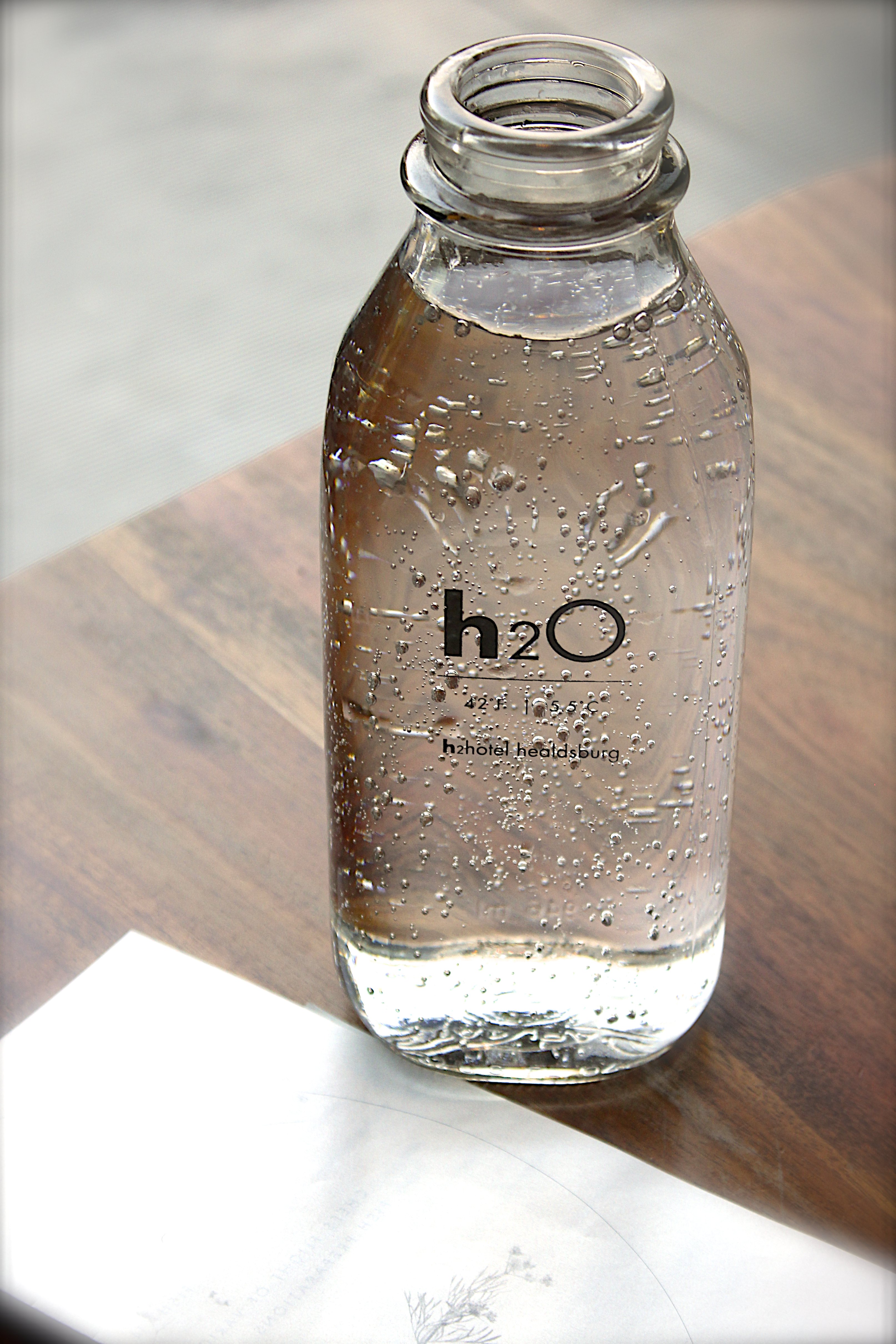With so many options for bottled water and filtered water, have you ever wondered what is the best water for drinking? If you take a quick walk down the water aisle at your local grocery store, you will find dozens upon dozens of different kinds of water. It is hard to believe there are so many options for something you can easily get out of the tap at your home for just a few pennies. Despite that, water is big business and manufacturers are adding new options almost daily. With so many choices from brand names to varieties and flavors, you could probably drink a different water every day of the year.
Still Versus Sparkling
The most basic option between water starts with still, or flat, versus sparkling. Still water is what you naturally get from the tap. Most of the water that is labeled “sparkling” is made by adding carbon dioxide to ordinary still water to make it carbonated and bubbly. Sparkling water is a healthy, calorie-free alternative to soda. People with digestive issues may want to avoid sparkling water because the carbonation can cause gas and bloating.
Water Sources
The next consideration is the source, which is where the water comes from. Drinking water comes from sources either above ground or below ground. Surface water sources include streams, lakes, rivers, oceans, and reservoirs. Although these are continually replenished by precipitation, low water levels are exasperated by evaporation and seepage into the ground. The EPA estimates that 68% of community water comes from a surface water source. Groundwater comes from natural aquifers that store water underground. There is almost 30% more water stored underground than in all streams, lakes, and rivers combined. This plentiful source of water can be accessed by drilling deep into the ground through the bedrock layer.
Filtration Methods
Whether you’re buying bottled water or drinking tap water, water filtration can help remove some of the impurities and improve the taste. Water manufacturers usually filter their water before bottling it. If you are drinking tap water, there are a number of different filter systems you can use depending on what type of contaminants you are trying to remove. There are filters that attach to your faucet, and there are also pitchers that contain filtration systems. The goal of the filters is to remove chlorine, zinc, copper, mercury, and cadmium, which are common contaminants often found in tap water. Not only can this help make the water safer to drink, but it also makes it taste better.
Distillation
Distillation is another method of removing contaminants from water. The process of distillation works by heating water into steam, leaving behind the impurities. There are some pollutants that have a lower boiling point than water, which means that if all of the vapor produced is captured in the same chamber, there could still be some contamination in the final product. While distillation does eliminate a significant amount of pollutants, a secondary purification method is recommended. You can either purchase water that is already distilled or you can use a home distillation system to treat your water.
Alkaline Water
Some manufacturers sell alkaline water which has a modified pH level that is higher than regular drinking water. Water from your tap typically has a neutral pH of 7, while alkaline water has a pH closer to 8 or 9. Advocates of alkaline water claim that it offers health benefits because it neutralizes the acid in your body. They say that it can slow the aging process and prevent chronic diseases. However, there is no scientific evidence that fully verifies these claims.

Water Additives
One of the most popular reasons that people give for not drinking enough water is that they don’t like the taste. With the advances in flavor science, today you can find water in flavors from strawberry to bacon and even chocolate mint. You’ll also find water with added vitamins, electrolytes, and chia seeds.
Know That Your Water is Safe
No matter which water you choose, you want to know that the water you’re drinking is safe. The best way to do this is to test it. This is easily done with an at-home testing kit. TestAssured makes a number of products that you can use to test your water for different contaminants. Their most comprehensive testing kit includes tests for lead, bacteria, pesticides, iron, copper, nitrates, nitrites, chlorine, pH, alkalinity, and hardness. These tests work for all water sources, filtered water, treated water, and bottled water.
Which Is the Best Water?
So, which water is the best water for drinking? They all vary a little, but it comes down to personal preference. While the composition of the water may change its taste, it doesn’t necessarily add benefits. The minerals and flavorings that change the taste of water generally do not affect its nutritional value. The bottom line is that best water to drink the water is the one you like the best. Water is an important a healthy diet, so whichever water makes you want to drink more, is the best water.


We live in a retirement home which has a central water filter connected to the city water main. We also have a refrigerator that has a water filter for the ice cubes and drinking water. Management tells us that there is no need to change the refrigerator’s filter, because of the main filter, every 6 months that is recommended by the refrigerator’s manufacturer. Management tells us that it does not need to be change until the water doesn’t flow fast. Is this true? Do contaminates build up in the refrigerator’s filter and maybe seep out into the ice cubes or drinking water?
We would always air on the side of the manufacturers recommendation just for your own piece of mind. This way you know 100% the filter is being updated without wondering if the retirement home is updating theirs. You could always reach out to the company who makes your fridge and ask their recommendation as well. Our take is always better be safe than sorry though.
It appears Test Assured is “all over” responding to your valid question.. Possibly they reached out to you directly. Of course that would be unfortunate for all the people reading your question, that could have also benefited to your question. If if it were me, I would invest in your own test kit and take control of the water you use. Then you would know for sure instead of relying on the “opinion” of your Management.